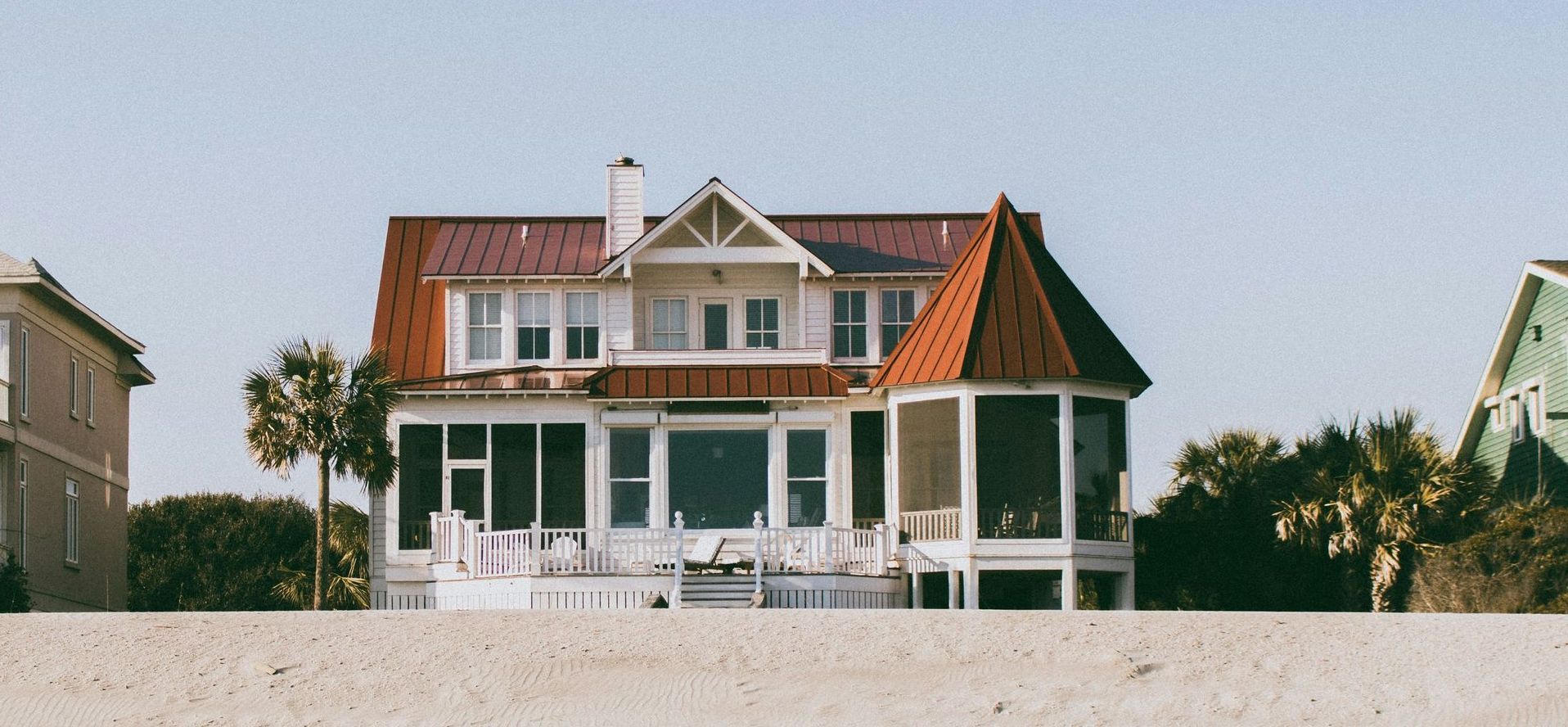Tax Update for Airbnb
The GST rules have changed for property owners who offer short term rental through electronic marketplaces, like Airbnb, Bachcare, BookaBach and Wotif. This will affect owners who are not GST registered as well.

What has Changed for Electronic Marketplaces?
From 1 April 2024, electronic marketplace operators like Air BNB, wherever resident, must collect and return GST of 15% when the service is provided in NZ. GST will also apply on closely connected services, such as when you have a separate cleaning service from your accommodation service. NZ resident operators are also required to provide information about users of their platform to IRD each year.
If you are a GST-registered owner, you will need to show the income from online marketplace as a zero-rated supply, because the marketplace operator has already returned the GST before passing the net income to you. If you receive income directly, you will return 15% GST as normal on that income. You will be able to continue to claim GST on your expenses.
If you provide a mixture of short stay and long-term accommodation through an electronic marketplace the income will be taxed 15% GST. Long-term accommodation is usually GST exempt, however the rules that allow for a reduced rate of GST for accommodation provided for 4 weeks or more do not apply if the accommodation is supplied through an online marketplace.
I’m not GST registered. How am I affected?
From 1 April 2024, electronic marketplace operators like Air BNB, wherever resident, must collect GST of 15% even though you are not GST registered. 6.5% is returned to IRD and 8.5% is passed on to you, as recognition that you are not in a position to claim GST on expenses. This 8.5% is exempt from income tax. The GST portion of your expenses will also be considered not deductible for income tax.
Can I opt out of the new rules?
You can only opt out the electronic marketplace rules if you are considered a large-scale accommodation provider. That is, you have at least 2,000 nights’ accommodation list on one electronic marketplace in a 12-month period, or a reasonable expectation that you will. You would need to be GST registered on a monthly or two-monthly basis. There may be other criteria added by IRD as time goes on.
Can I Claim Depreciation and Interest on my Airbnb Property?
Short-stay accommodation is generally considered residential, though boarding houses serviced apartments under a property manager are considered commercial.
The residential rental interest limitation applies to short-term accommodation. Interest cannot be claimed for residential property acquired on or after 27 March 2021. A percentage of interest is claimable for property bought before 27 March 2021 and new-builds. If only part of the property is used for short-term accommodation, you will need to work out a percentage of that percentage!
Depreciation is generally not claimable on residential buildings, but if you have four or more apartments in the same building you may claim depreciation. You may be able to claim depreciation on the chattels if they are separately identified.
I’m GST Registered. Do I Pay GST When I Sell My Property?
If you bought a property principally for making taxable supplies and claimed GST, then you would return GST when you sold it. This relates to property bought for resale or development, for instance.
The GST rules clarify that the sale of goods including private homes are not GST taxable, if they were not acquired or used principally for making taxable supplies. Prior to 1 April 2023 a registered person could make an input tax claim for GST on the property even if they only used part of it for business purposes or short-term rental accommodation. This has caused some concern for property owners, as they are selling for more than they initially paid. IRD has changed the rules retrospectively and allowed taxpayers to elect to treat the sale of property as not part of their taxable activities.
There are transitional provisions if you elect before 1 April 2025. If you claimed a GST input tax deduction before 1 April 2023, and did not acquire or use a property principally for making taxable supplies you can return an output tax equal to the amount of input tax you claimed. You must notify IRD of your election and don’t make any further GST deduction on the purchase of the property or improvements.
What Next?
To wrap up, if you're not already registered for GST, think about whether it's worth doing voluntarily. Being registered means dealing with GST returns, while being unregistered means calculating certain expenses differently.
If you've claimed GST on your property and want to change that before 1 April 2025, you can. Just be careful not to claim GST on any improvements after making that election.
Talking to a tax advisor is key in both situations. They can give you personalized advice that fits your needs. Taking these steps now can make handling taxes easier and help you make the most of GST rules for your Airbnb property.
- Serena Irving
Serena Irving is a director in JDW Chartered Accountants Limited, Ellerslie, Auckland. JDW is a professional team of qualified accountants, auditors, business consultants, tax advisors, trust, and business valuation specialists.
Download a PDF version here or contact the author by email. Like our Facebook page for regular tips.
An article like this, which is general in nature, is no substitute for specific accounting and tax advice. If you want more information about the issues in this article, please contact your advisor or the author.


Contact Us
Office Location: 127 Main Highway, Ellerslie, Auckland 1051, New Zealand
Postal Address: PO Box 11053, Ellerslie, Auckland 1542
Phone: (09) 579 7096
Email: results@jdw.co.nz


